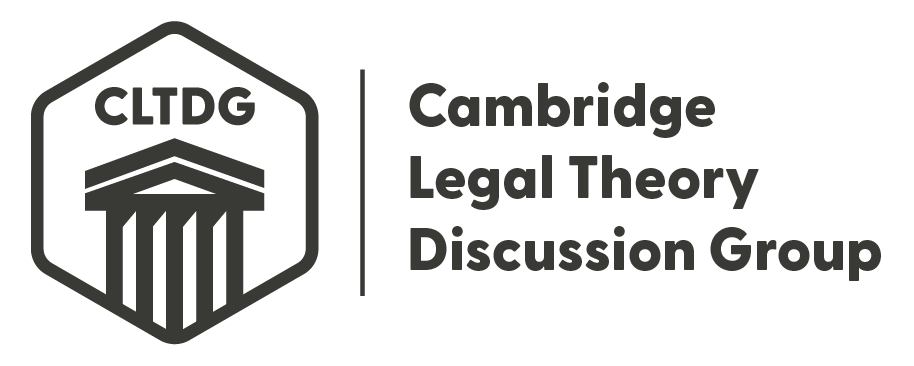 Speaker: Tsampika Taralli (Edinburgh)
Speaker: Tsampika Taralli (Edinburgh)
Abstract: Despite the continuous discussions about Conceptual Analysis (CA), its epistemological and thus methodological role remains a mystery. How can we know the nature of law through the study of the concept of law? The prevalent answer is that we can know the nature of law through the study of concept of law because the law is an artefactual, hermeneutical concept or a concept constituted by us. Consequently, communities and their beliefs about what it is important in categorising phenomena as legal or not constitute law. This makes the nature of law accessible to us, and supposedly, bridges the gap between the nature and concept of law. But there is something off with this picture. If this is what legal philosophy aimed to do, theorists taking this approach would also have to accept the necessity of experimental jurisprudence supplementing conceptual projects (a claim that is highly contested by endorsers of CA), since this would be the appropriate way to gather the different beliefs that fit in the folk theory of law. On the other hand, it presupposes a substantive view about what kind of concept law is (artefactual, hermeneutical, etc.) in a methodological discussion, while also relying on an outdated view that only natural kind concepts can have a conceptually-independent nature. Moreover, according to cognitive science studies, when we categorise, we look into the explanatory features of the object we need to categorise. So, if we are to offer an answer to CA’s epistemic role, legal philosophy seems to have got what we are looking for wrong. CA is employed in the aim of finding the explanatorily central properties of entities, not just to provide general beliefs about law nor to reach some obscure essence of law. Changing the framework of CA’s epistemic aim allows us to re-examine CA’s epistemic function. Since, if CA is a method of legal philosophy, it is a method relative to certain epistemic aims. CA’s representation of hypothetical cases for examining explanatory relations renders CA similar to model-construction in sciences. This will allow us to argue that this similarity also grounds CA’s epistemic reliability, and thus, solve the epistemic and methodological mystery of CA.
You can find the links to Tsampika’s paper and to the meeting below:
The Paper: https://bit.ly/cltdg-taralli-paper
The Zoom link: https://bit.ly/cltdg-easter24-3
Everyone is welcome to attend.
You can follow us on Twitter: https://bit.ly/cambridgeltdg or check out our web-page: https://bit.ly/cltdgweb

 Facebook
Facebook  X/Twitter
X/Twitter  Instagram
Instagram  YouTube
YouTube  Flickr
Flickr  LinkedIn
LinkedIn